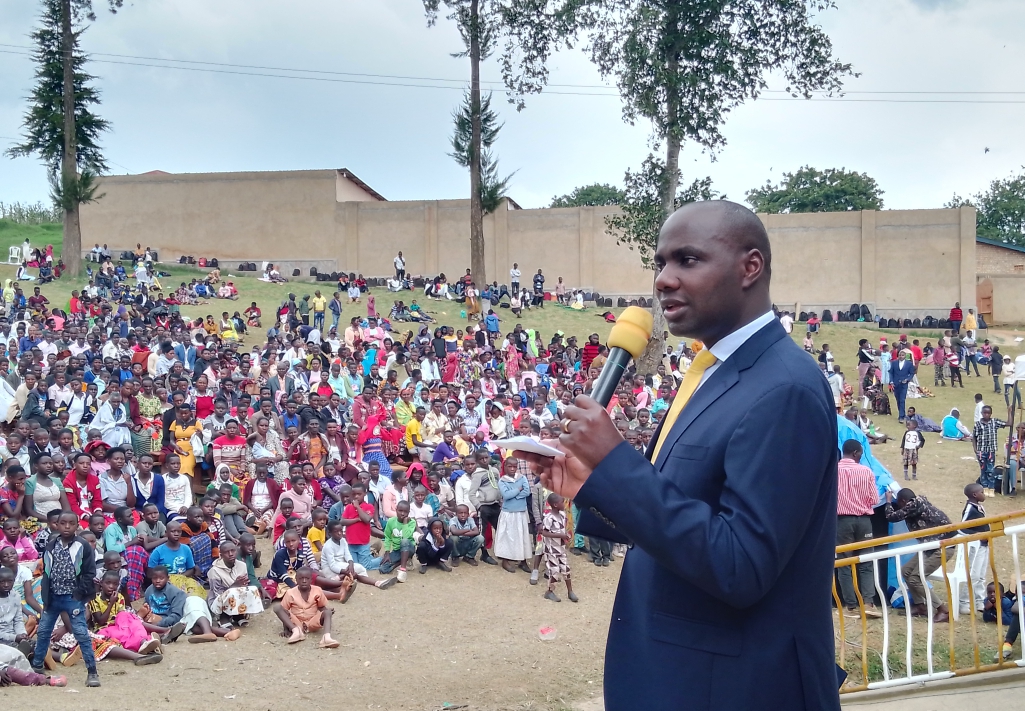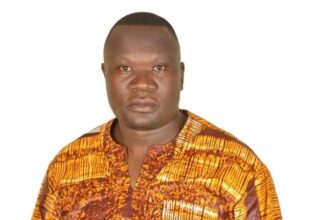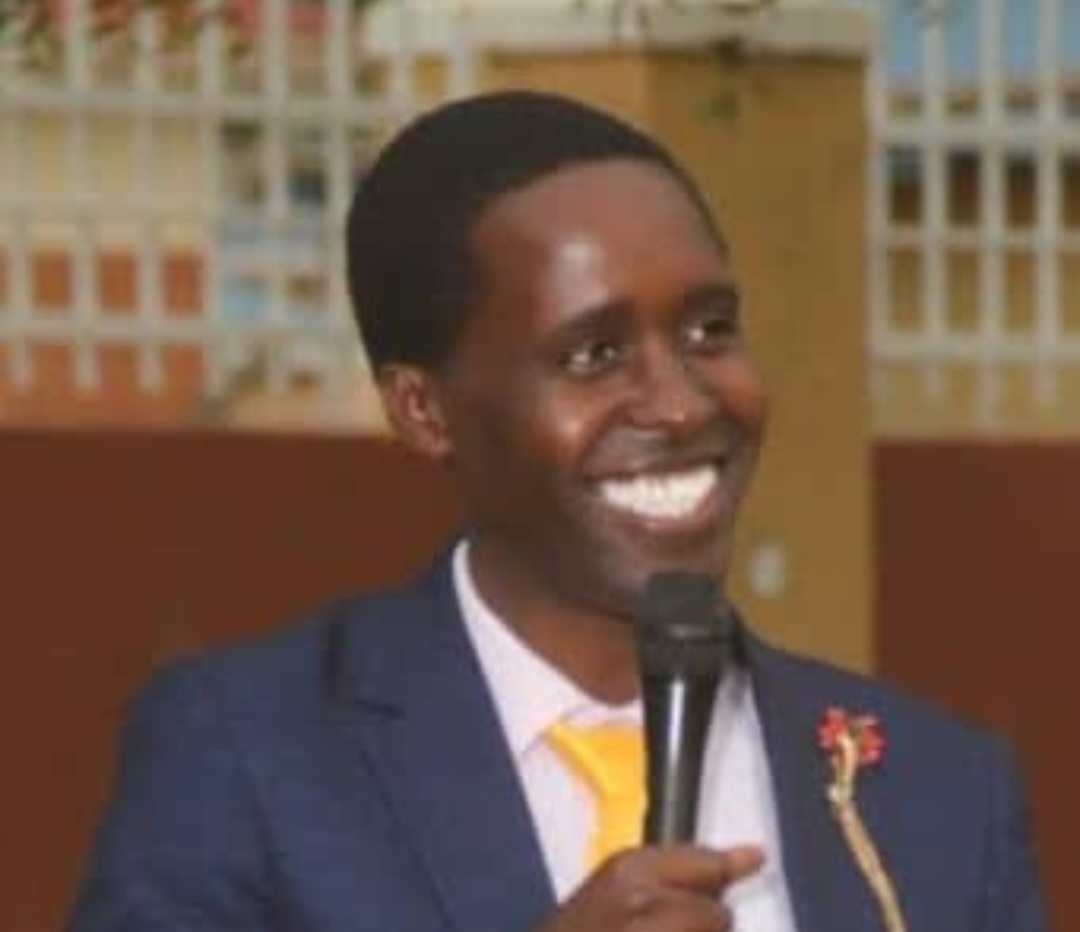I met a young Ugandan who had not one, but two, PHDs by the time he was in his early thirties. He had obtained his PHDs in Europe and could have chosen to stay there and make his fortune, but he came back to Uganda to carry out a project which he felt would benefit the country. (Perhaps he was also rewarded when he married a beautiful Ugandan girl).
I have always believed in Ugandans, but sometimes I get tired of talking about their potential rather than seeing its actualisation. People like this young man, Jeremy, demonstrate that the potential is real, that there are Ugandans who are world class, yet still want to do something for their country, even at personal cost. This morning I was listening to the radio as I was driving to work and caught a story about an American who had accidently received a bag of cash with his McNuggets from MacDonalds. He had reached his car when he discovered the cash, but he then walked back to the restaurant and returned the money. The question on the radio was, ‘Would you have returned the cash?’ and as far as I could tell, most listeners, including the presenter herself, would not. Their response was on the basis that it is our duty to care for ourselves and our family first, after that we can afford to have the luxury of values such as honesty and altruism.
I once knew someone whose father had reached a high position in the army, but when he retired, he only had his army pension. He must have been an honest man, and I thought his daughter would be proud of him, but instead she castigated him for not having used his position to accumulate wealth for himself and his family while he had the opportunity. What one feels about such stories depend on one’s values, and personal values are highly influenced by community values, which in turn are influenced by the kind of leaders we have. In Uganda we teach high moral values in the churches, where we emphasise the Ten Commandments, including ‘Thou shalt not steal’. But there is also a deeply ingrained cultural value that we must first look after ourselves, before we can afford the luxury of practicing these Christian values.
There is a wide consensus that our leaders are all engaged in looking after themselves, using the elitist system, so it follows that we should do the same when the opportunity arises. The moral imperative of first looking after oneself and one’s family overrides the moral imperative to be honest. The result is that few people feel they should prioritise the good of anyone else (and certainly not for the good of the nation) over their own needs. Therefore, it becomes increasingly difficult to find people like Jeremy (who was prepared to set aside his own advancement for the sake of his country) or the army General, who did not use his position to accumulate wealth for himself.
I have often heard Ugandans claim that the end justifies the means, but does it? It is this attitude of pragmatism that keeps Ugandans from reaching their full potential – because in the corporate world if they use dubious methods, they become compromised. I am delighted to see how many Ugandan women have risen to the top of the corporate ladder in areas such as banking. But it is a basic principle that no one can attain to such a position unless they hold fast to the value of honesty. Unfortunately, this is not the case in government.
Currently we have a Minister who has refused to reappoint Richard Byarugaba as MD to NSSF, instead instituting an inquiry on all sorts of spurious issues – precisely because he refused to bend the rules for politicians. He is one of the honest people running a government agency, but in the government system in Uganda, this kind of honesty is seldom rewarded. So, until we have a sea change regarding our national values, I do not see how we will unlock our potential as a society, because as individuals Uganda has some amazing people, but they are swimming against the tide.
Do you have a story in your community or an opinion to share with us: Email us at Submit an Article









